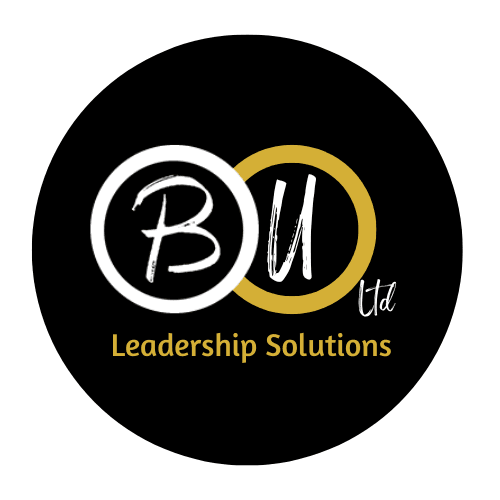Every true leader is a visionary.
And…
Every visionary leader knows the significance of vision and direction.
Quick question: have you ever been on a road trip without a map (or a satnav of some sort)? If you have, then you know it can very quickly turn into an adventurous mess!
Even if you haven’t, I’d like you to keep the image of that adventurous mess in your mind for a minute…
That’s what leading a team, without setting clear expectations, looks and feels like.
Expectations are like the silent architects of our future. When it comes to leadership, they are the unsung heroes of a thriving team and organisation. I like to think of expectations like a satnav, a compass, and maybe even a survival guide, all rolled up in one. When leaders set clear expectations for their teams and organisations, they are actually:
- Providing clarity and a catalyst for motivation
- Creating a roadmap for success
- Aligning individual efforts with organisational goals
- Helping to shape individual and team behaviour
- Shaping organisational culture
- Driving organisational excellence
- Setting up their environment to thrive and be a high-performing one
In this article, we’ll briefly explore the multifaceted importance of expectations in leadership and how the clarity, communication, and enforcement of expectations contribute to a thriving and high-performing team.
Let’s get to work!
The Importance of Expectations in Leadership
- Clarity of Direction: Clear expectations provide a roadmap for teams and organisations. Leaders who clarify and communicate expectations help their team understand the direction they are headed. This clarity of direction promotes a sense of purpose and helps to align individual efforts with organisational goals.
- Motivation and Accountability: When expectations are clearly defined, team members/employees have clear standards of performance to guide their actions. Team members who know and understand defined expectations are more likely to stay motivated, be responsible for their work, and take ownership of their tasks.
- Communication Skills: Expectation encourages leaders to improve their communication skills. This is so because leaders must learn to skilfully convey their expectations, ensuring clarity and alignment among team members. Leaders who progressively communicate expectations openly and regularly, facilitate a culture of transparency within their team. This reduces confusion and promotes open dialogue, ensuring everyone is on the same page.
- Conflict Resolution: Expectations act as reference points in moments of conflict. When team members know what is expected of them, it is much easier to resolve conflicts that arise in that regard because the agreed-upon standards can be easily referred to. This prevents misunderstandings and minimises the potential for conflicts to escalate.
- Feedback and Development: Expectations help leaders provide constructive feedback to their team members based on agreed-upon performance standards. This kind of feedback enables leaders to guide the development of their team members and is essential for continuous improvement. This way of working, between leaders and their teams, promotes a culture of learning and development.
- Organisational Alignment: Expectations align individuals and teams toward common objectives. Aligning individual and team expectations with broader organisational vision/goals ensures everyone is on the same page and working towards the same vision/goals. This alignment is crucial for the overall success of the organisation because it brings collective efforts together in a unified direction.
- Engagement: When expectations are clear, well-communicated, and understood, employee engagement is significantly improved. Individuals who understand their role and how it contributes to the big picture are more likely to feel engaged and satisfied in their work. This engagement boosts team morale and also fosters commitment, a sense of purpose, and better productivity among team members.
Simply put, establishing, and communicating, clear expectations is the foundation on which effective leadership heavily relies. Expectations not only guide individual and team behaviour but also create a growth-conducive and productive work environment.
Expectations are truly an essential requirement for successful leadership and leaders who prioritise them are wise. Such leaders contribute significantly to organisational success by fostering a culture of accountability, transparency, and continuous improvement.
Embrace the practice of setting and communicating clear expectations in your teams and organisations today.
Lead Right and Live Light,
Belinda





Leave a Reply
Your email is safe with us.